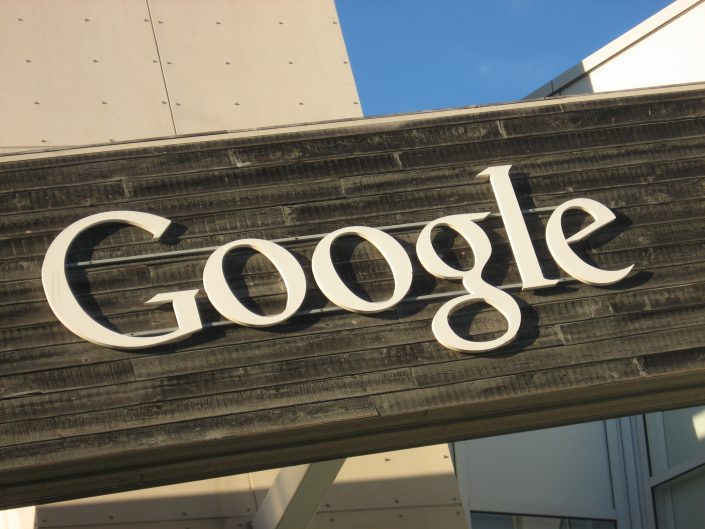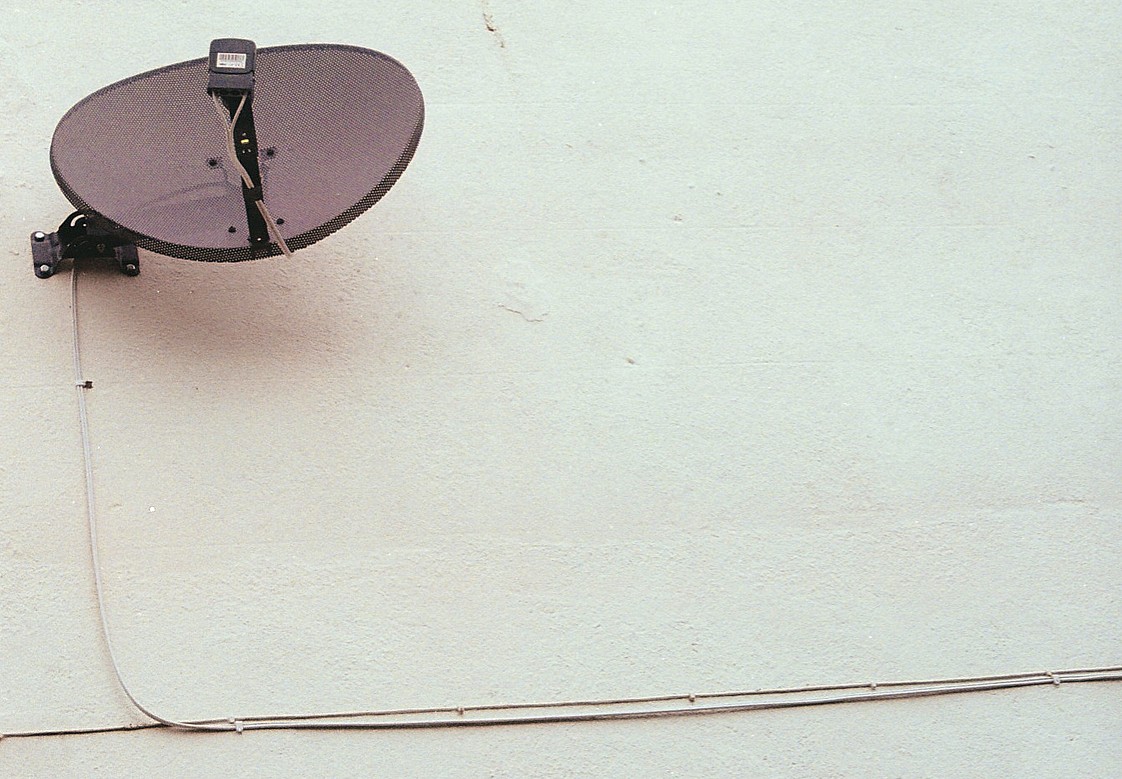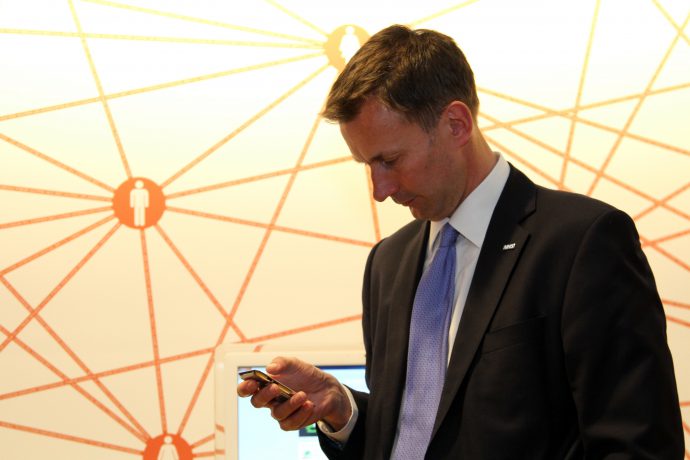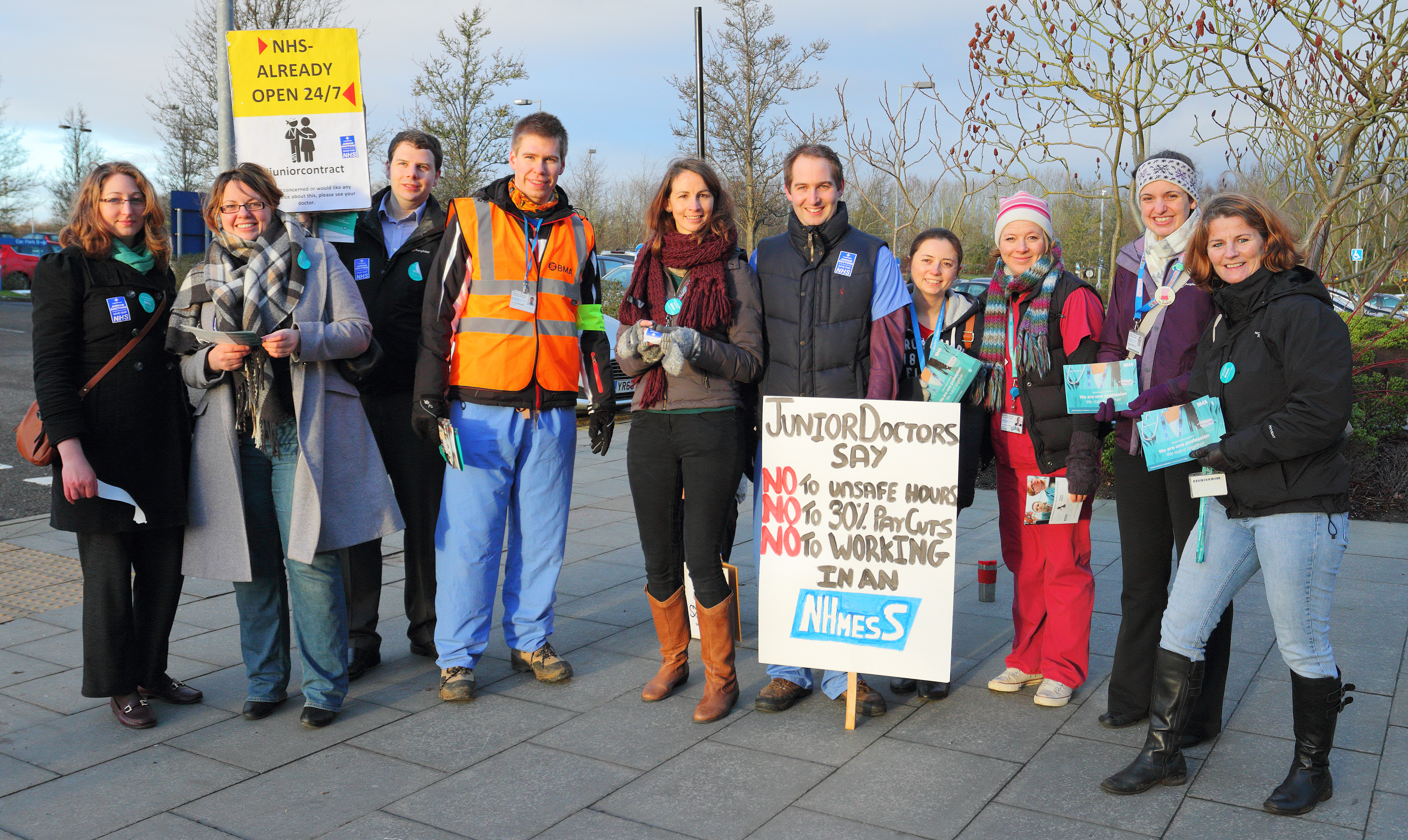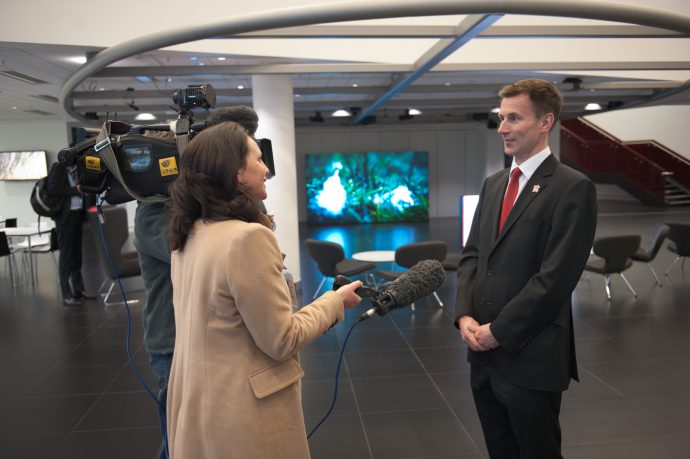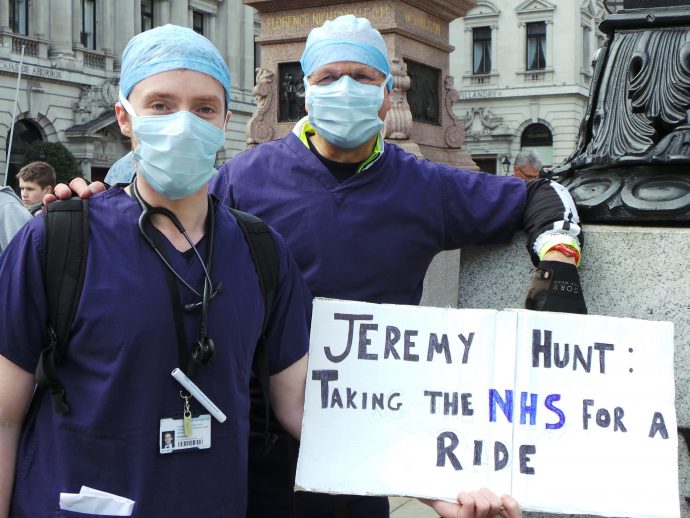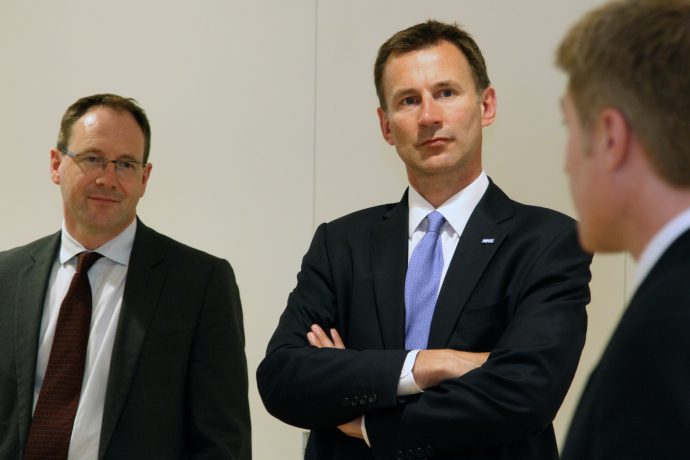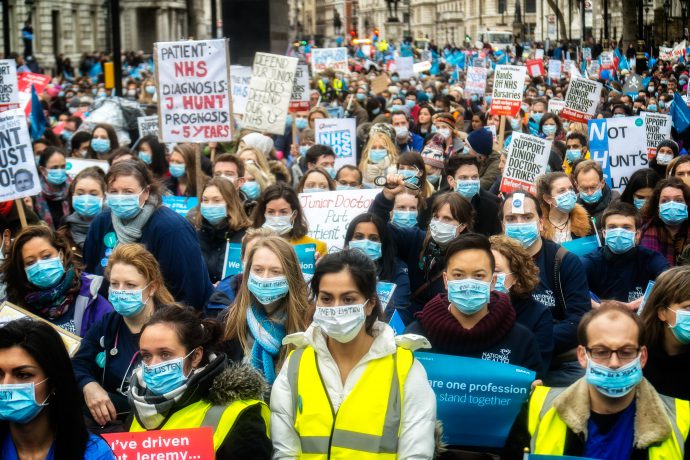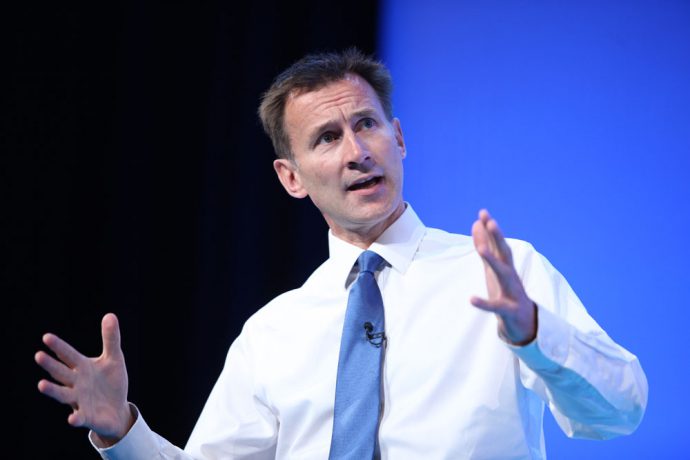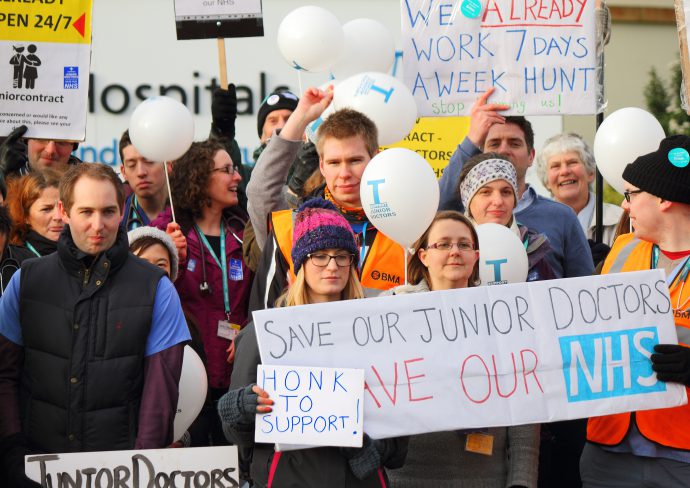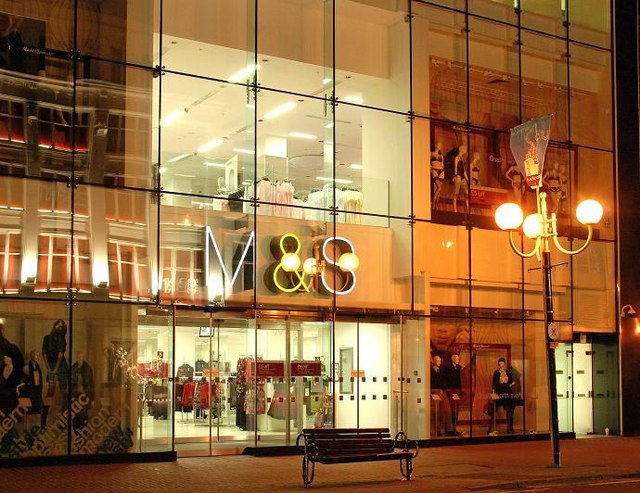The credulity of most Apple coverage

Over my cornflakes this morning, I read Ben Hoyle’s interview with Tim Cook, CEO of Apple, in The Times Magazine.
This was one of those interviews which is sort of interesting but doesn’t really say much. Though I was quite taken with this description of Apple’s canteen where the cutlery is hidden from view in an illuminating example of form over function:
You can’t tell what the chefs are cooking because there are no menus on display (the options are on your phone if you’re an employee). You don’t seem to be able to pay cash for anything and there are no sauce sachets or eating utensils to be seen unless you know where to look (they’re with the other unsightly essentials like bottled drinks and napkins, sunk out of sight in smooth, curved central islands reminiscent of giant iPods).
What really struck me about this interview was the weird cognitive dissonance in the tenth paragraph. In this paragraph, Hoyle points out that:
Apple’s App Store is “curated” to the extent that you (and your children) won’t find hate speech or pornography on there.
That is, Apple – for better or worse – prioritises its values over the freedom of its customers to easily use the platform for activities which meet with disapproval from Apple. I wish this (puritanical?) attitude had been used to challenge in this bit of the same paragraph:
Apple has regarded privacy as “a basic human right” for a long time and “built the company around” that belief. The sprawling, intimate personal data profiles that companies like Facebook and Google compile “shouldn’t exist”, Cook thinks.
Cook claims that Apple is built around privacy. Yet, while Apple is happy preventing access to hate speech on the App Store, it actively promotes the Facebook app despite it asking for user permission to build data profiles which Cook says are antithetical to everything Apple stands for.
This seems a really odd moral position to me: if your company is reputedly built around one “basic human right”, why allow apps which violate that fundamental belief and ban apps which contravene less dearly held standards? The answer seems fairly obvious to me: the Facebook and Google apps are among the most popular, and are core to the iPhone experience. But can you really claim something is a cornerstone value if you ignore it to sell more phones?
I was also a bit riled up by this ludicrous comparison:
On cybersecurity … the company also protects its FaceTime and Messages apps with end-to-end encryption unlike, say, Google’s standard Gmail.
Why compare a closed messaging system, where end-to-end encryption is easy, with an open standard like email? That reads like a line supplied by Apple. It should have been challenged by asking if Apple’s iCloud email service protects messages with end-to-end encryption, which of course it does not.
There are a lot of things that Apple does extraordinarily well. It is evidently one of the corporate success stories of our time and has inspired phenomenol brand loyalty among a huge population of users. But it isn’t perfect.
Much of the media, and Hoyle’s article is no exception, seems far too credulous when it comes to Apple. Coverage of Apple would be much more satisfying if it showed a degree of balance or at least an attempt at challenging some of the more outlandish media lines rather than simply repeating them verbatim.
The picture of Tim Cook at the top of this post was uploaded to Flickr by Fabio Bini, and is used here under its Creative Commons licence.
This post was filed under: Media, News and Comment, Posts delayed by 12 months, Technology, Apple, Ben Hoyle, The Times, Tim Cook.
